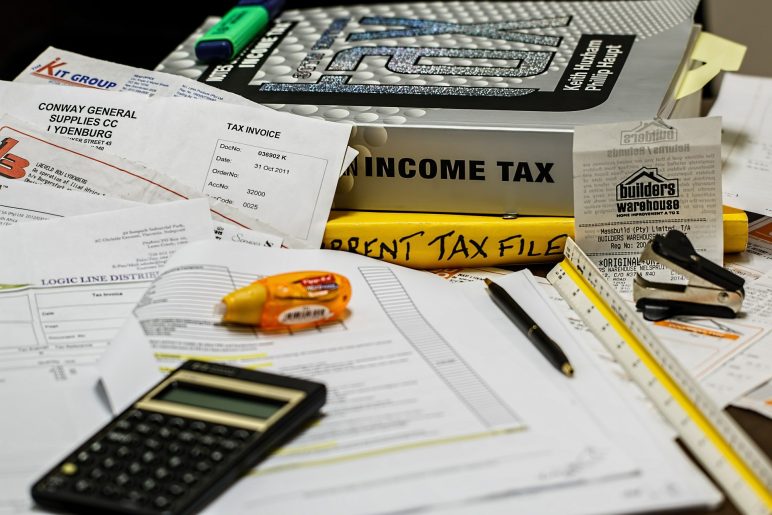The exciting mission and purpose need to be balanced against the dull stuff – and good planning is essential
Are you excited by your working life? Does every problem
seem like a solution waiting to happen? Do you spend most of the day in a state
of feverish anticipation about the next curveball that the world is going to
sling at you?
If the answer is “no, not often” then you have much in
common with 99.9% of people in organisations around the world: however much your
organisation has a great cause, a compelling purpose, whizzy products and funky
offices with great coffee on tap and a pinball machine in the basement, you
have to spend a large chunk of your day doing stuff that’s – when all’s said
and done – pretty boring.
In a large business the stuff that we might find a bit dull
can be allocated to people who don’t find it so: that’s why we have Finance, HR,
Procurement and so on. If you’re lucky, those departments will be full of
people who can eat a purchase ledger for breakfast without batting an eyelid
and will be happy to do so day in, day out.
Continue reading



